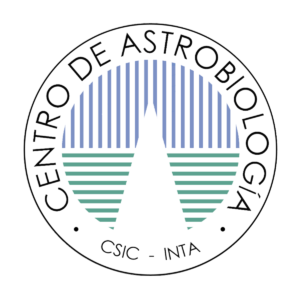Hochberg, D., Ribo, J. M. 2019. Entropic Analysis of Mirror Symmetry Breaking in Chiral Hypercycles. Life Basel 9, 1, DOI: 10.3390/life9010028
Replicators are fundamental to the origin of life and evolvability. Biology exhibits homochirality: only one of two enantiomers is used in proteins and nucleic acids. Thermodynamic studies of chemical replicators able to lead to homochirality shed valuable light on the origin of homochirality and life in conformity with the underlying mechanisms and constraints. In line with this framework, enantioselective hypercyclic replicators may lead to spontaneous mirror symmetry breaking (SMSB) without the need for additional heterochiral inhibition reactions, which can be an obstacle for the emergence of evolutionary selection properties. We analyze the entropy production of a two-replicator system subject to homochiral cross-catalysis which can undergo SMSB in an open-flow reactor. The entropy exchange with the environment is provided by the input and output matter flows, and is essential for balancing the entropy production at the non-equilibrium stationary states. The partial entropy contributions, associated with the individual elementary flux modes, as defined by stoichiometric network analysis (SNA), describe how the system’s internal currents evolve, maintaining the balance between entropy production and exchange, while minimizing the entropy production after the symmetry breaking transition. We validate the General Evolution Criterion, stating that the change in the chemical affinities proceeds in a way as to lower the value of the entropy production.






